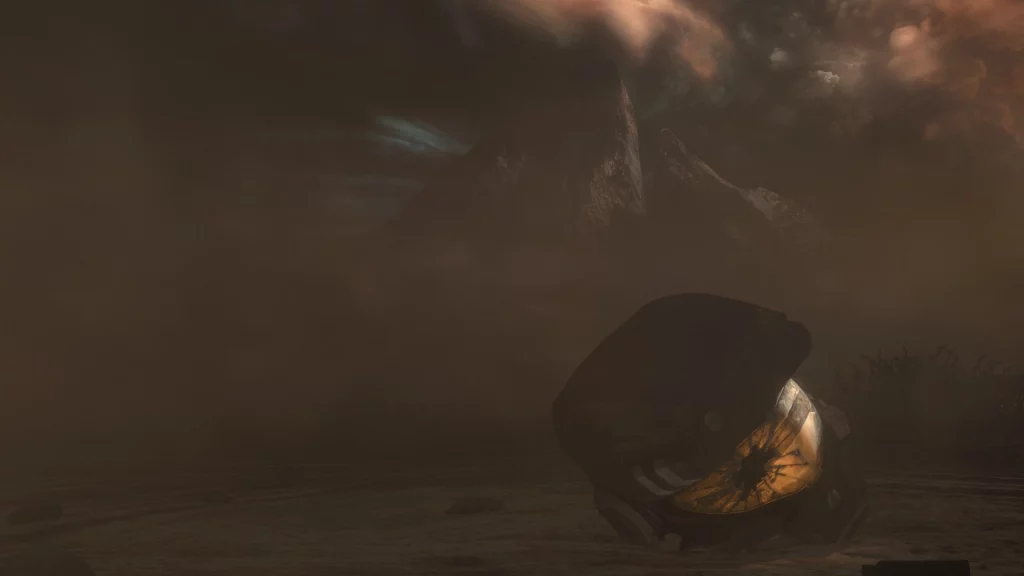
The Windows XP startup sound. The main menu of the Xbox 360. The plastic “clack” our VHS machine would make when ejecting a tape. I think I’ve always been a sentimental person, but as the years pass, the feelings of nostalgia only seem to strengthen.
The question of whether nostalgia is a positive or negative emotion is something I’ve wrestled with many times. Is it productive to fixate on the past? Although it’s possible to become unhealthily absorbed by a yearning for how things used to be – I’ve been guilty of this myself – nostalgia can be an incredible source of joy, connection, and motivation when properly managed.
One of my greatest sources of nostalgia is Halo. Not only is it a fantastic game series, but the local multiplayer support made for years of fun. Halo gave my friends and I a sense of accomplishment as we overcame Legendary difficulty and collected the various “Skulls” hidden throughout the campaign. Even my family would share my love of Halo as I taught them how to play and attempted to explain the lore.
Halo became more than a way to pass time. It was a way to bond and connect with others in my life. A few years ago, those same friends and I had created a tradition of sorts, where we’d meet up, set up an Xbox 360, and play the original games to revisit our childhood.
There are so many other games, places, and albums that have the ability to teleport me to the past. It’s a cozy feeling that’s easy to get lost in. I think it’s vital to reflect on the past and reminisce, but it’s equally important to not let it degrade your quality of life by comparing the “good old days” to the present.
Roman emperor and philosopher Marcus Aurelius has a powerful quote that enforces a core Stoic value, which is to be present in life and content with the way things are:
“Do not dream of possession of what you do not have: rather reflect on the greatest blessings in what you do have, and on their account remind yourself how much they would have been missed if they were not there. But at the same time you must be careful not to let your pleasure in them habituate you to dependency, to avoid distress if they are sometimes absent.”
– Marcus Aurelius
Marcus’ quote is likely directed at the attachment to material things. However, I think we can apply this to the attachment of the past and distill a similar lesson. We can visit blissful memories, but we need to remember that these are just that: memories. The past is gone, and that’s okay. There is value in reminding ourselves of what made us happy; we can use this to shape our lives and set ourselves on a course to create new opportunities.
With my example of Halo, I still replay these games to this day. Spending time with the series has helped teach me what I value in a game and reminds me of how excited I was to play them for the first time. Halo has been a great source of creative inspiration and unforgettable memories, but I understand that I can never go back to the excitement of Halo 4’s launch day, or the first online game my friends and I queued up for together. Knowing this doesn’t lessen the fun I still have with the game, and I think in many ways, it actually amplifies my enjoyment of other first person shooters.
Of course, Halo is just one particular drop in the well of media and memories that bring fond feelings of the past. I think those of us who can positively reflect on old memories are incredibly lucky, not just so we can use them to enhance our present lives, but because we were fortunate enough to experience them in the first place.